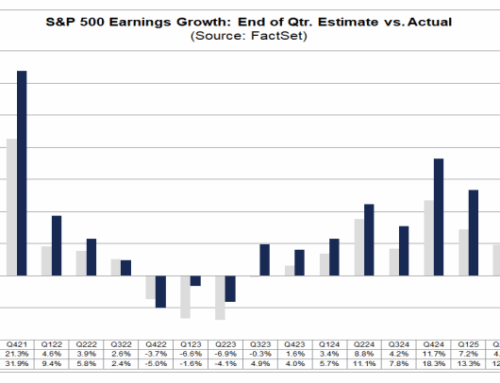Ask Eartha: Is environmental progress moving backward?
November 23, 2025
Jess Hoover
Ask Eartha
Dear Eartha, It seems like a lot of progress on climate change has been undone this year. Are we going backward on environmental action?
It’s a fair question. This year saw an abrupt end to tax credits for electric cars, renewable energy projects, and home energy efficiency improvements. The U.S. Department of Energy canceled nearly $6 billion in grant funding for clean energy projects, including $550 million slated for projects in Colorado. For the second time, the United States is backing out of the climate goals established in the Paris Agreement, and fossil fuel interests are being given priority over endangered species and critical wildlife habitat. Meanwhile, climate change continues to make heatwaves more common, wildfires worse and hurricanes more intense. And holiday travelers be warned — air turbulence is becoming more frequent, too.
It sure feels like national environmental policy is having a Sisyphus moment. So, is there any reason to be hopeful? Yes, there is. Certainly, the challenges are real. But not all the news is bad. In this season of Thanksgiving, let’s remind ourselves of some good news.
A 100% clean energy future is possible
When you think about the kind of world you want to live in, is it a world full of power plants that spew air pollutants toxic to both humans and the environment? While fossil fuels like coal have historically kept our lights on, they’ve done so at a cost. There are well-established links between mining, refining, and burning fossil fuels and negative human health outcomes, like asthma, heart attack, cancer, and premature death.
Instead, what if we prioritized affordable, abundant energy systems as well as healthy humans and thriving ecosystems? That vision is possible. Not in the future, not with yet-to-be-discovered technology — it’s possible now.
In fact, it’s already happening. In 2019, 20% of the U.S. electric grid was powered by renewable sources. Electricity in Summit County is over 40% renewable and on track to be over 80% renewable by 2030. Research out of Stanford University shows that the entire U.S. electric grid can be fully powered by wind, water, solar and battery storage while maintaining grid stability. Moreover, it can be done more cheaply, more efficiently, and with greater job creation than the business-as-usual scenario (which includes fossil-fuel generated electricity). When factoring in the savings from fewer premature deaths and illnesses caused by air pollution, as well as avoided costs from climate change-related damage to infrastructure, agriculture, etc., the payback period for this transition is less than 10 years.
Global emissions are flattening
A recent analysis from the U.S. research firm Rhodium Group found that international cooperation to decrease greenhouse gas emissions is working. Climate change is still a very pressing challenge, but the scale of renewable energy and electric vehicle deployment across the globe is beginning to flatten emissions. This doesn’t mean that we’ve solved the climate crisis. Indeed, the likelihood of meeting the goals set forth in the Paris Agreement is less than 5%.
Nevertheless, new reporting from the United Nations indicates that, because of the commitments countries made under the Paris Agreement, expected temperature increases by the end of the century are lower than they were 10 years ago. And Rhodium Group’s data shows that strong policy support, investment, and thoughtful regulatory reform can accelerate progress both at home and abroad. Need proof that rapid decarbonization is possible? Uruguay did it in less than 10 years.
From good news to active hope
Less than 10 years to decarbonize a grid, and less than 10 years to pay off the investment. That’s enough to give me hope for the future. But that doesn’t mean sitting idly by waiting for that future to come. What we need is active hope.
Active hope means taking concrete action to ensure the renewable energy future arrives sooner rather than later. It means advocating for smart policy and regulations, submitting comments to our elected officials, and even the Colorado Public Utilities Commission. It also means participating in the clean energy transition as we’re able. In these Sisyphean moments when I feel like the rock is slipping away yet again, it is this active hope that grounds me and keeps me going. And for that, I am grateful.
Search
RECENT PRESS RELEASES
Related Post




